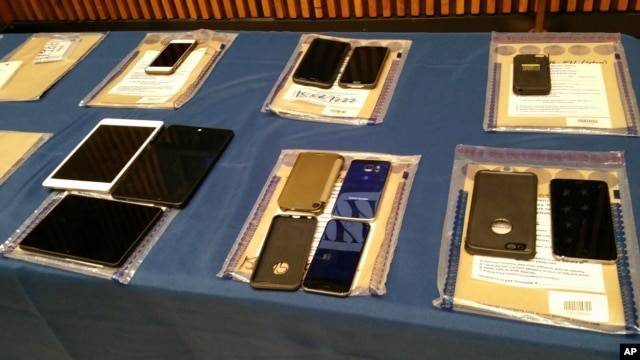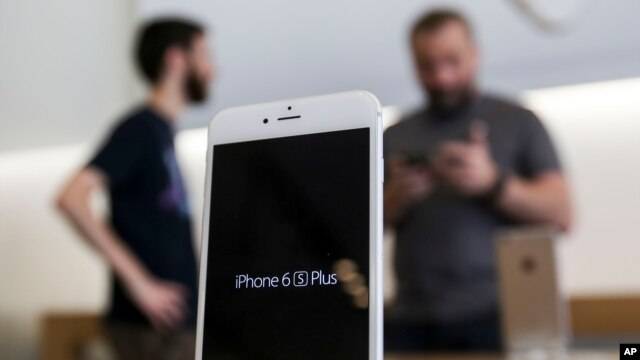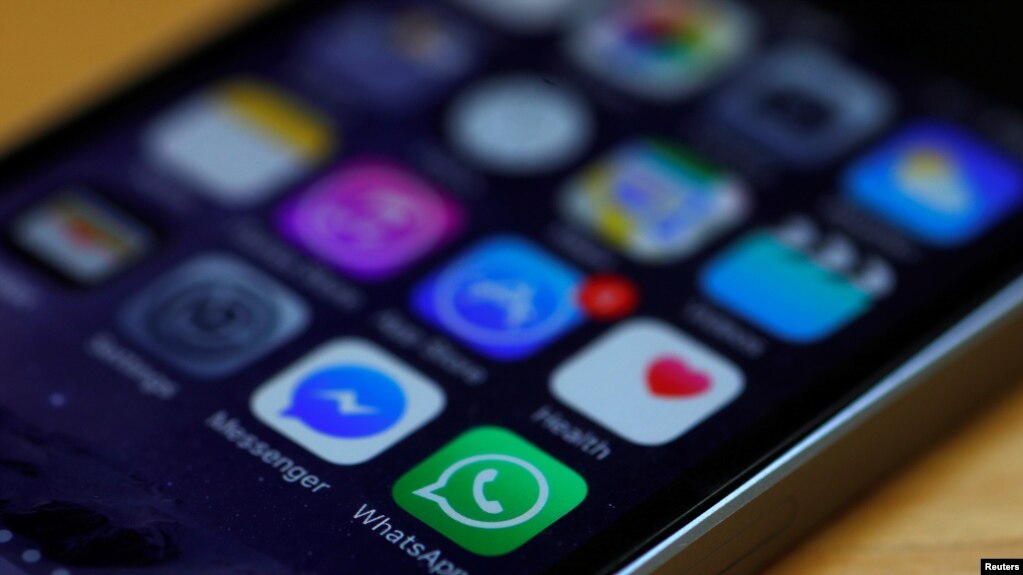Delta4Embassy
Gold Member
One of the rules, if not the first rule of cryptography is you don't tell your enemy you've broken their codes. Ever. So when we hear the government saying they can't break Islamic encryption are they telling the truth? Doesn't it make more sense to say they can't so the terrorists keep using the crypto the government has broken?






